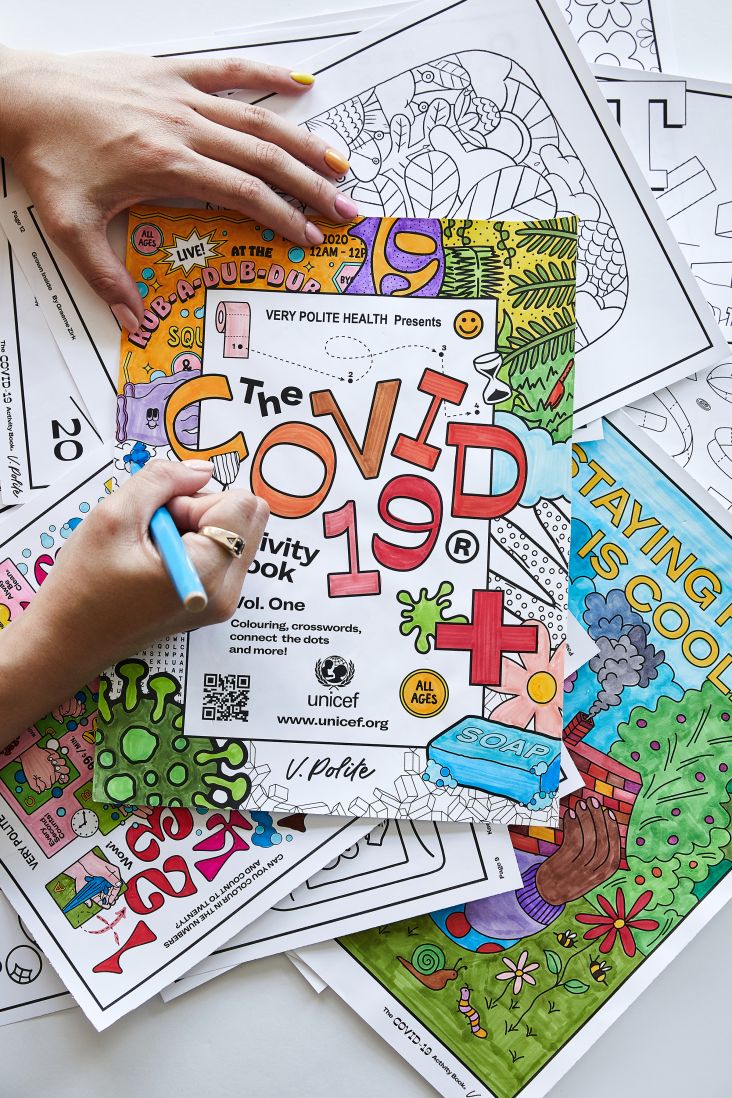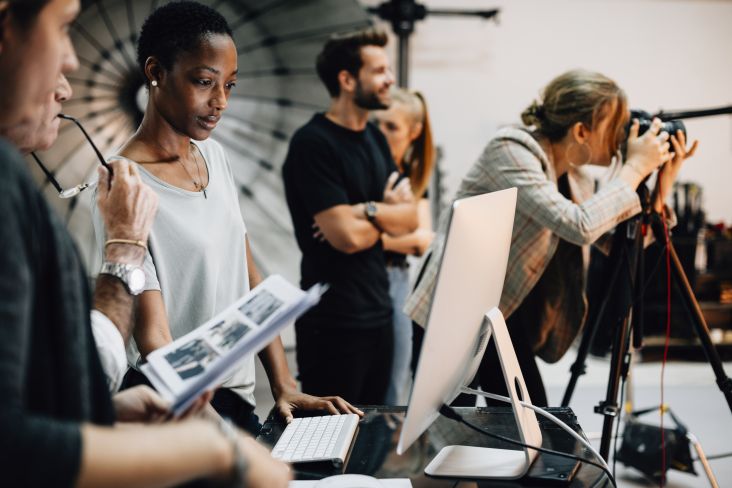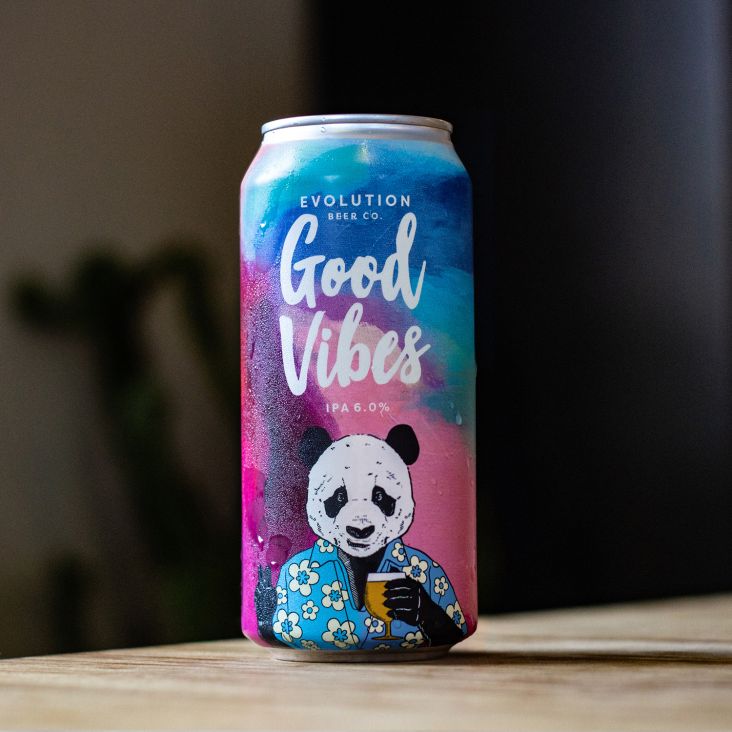Five branding do's and dont's for the lockdown era
In 2020, society has been turned upside-down like never before, and many of us have had wider concerns over the last few weeks than the world of work.
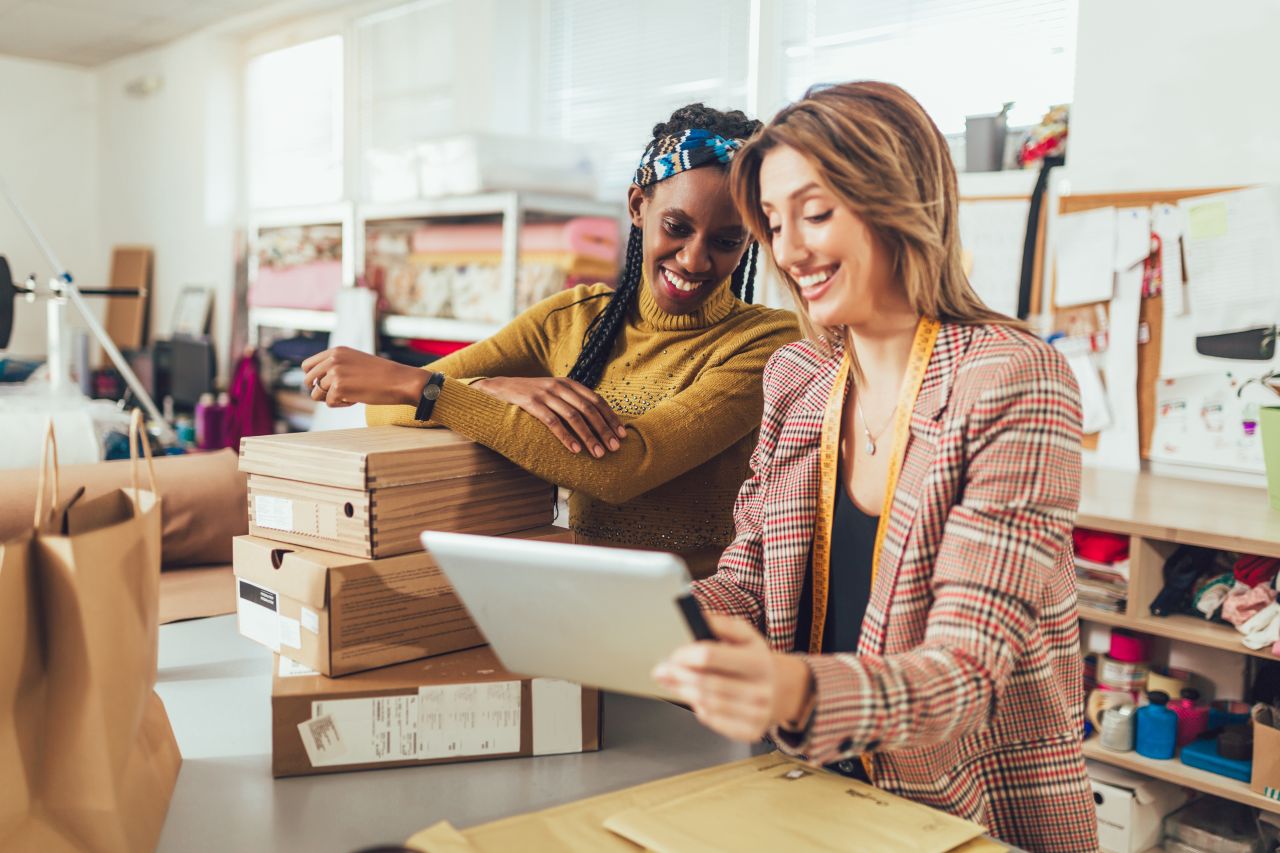
Image licensed via Adobe Stock
But now the dust is starting to settle; it's an excellent time to take stock and think about how the creative industries can best navigate a way forward in the near future.
With that in mind, we spoke to experts in the field of branding, to find out what the biggest pitfalls are likely to be in the weeks and months ahead. Here we present five simple do's and don'ts that every brand needs to pay close attention to, as long as lockdown remains in place.
1. Don't fake sincerity
"I honestly had no idea," one industry wag recently observed, "there were this many companies that are here for me at this difficult time."
How many of us have had marketing emails in recent weeks, that profess concern but then awkwardly leap into whatever sales pitch they were going to deliver anyway? Alastair Jones, client services director at Echo Brand Design, expects more. "The most important thing for companies and brands to do right now is look after their people in the best way they can, and not get distracted by pointless gestures," he argues.
Andy Boothman of Busy as a B agrees. "Every business that has sent out a Covid-19 'we're here for you' email needs to look at what they are doing seriously," he says. "These help no-one, it's the worst kind of spam at the very worst of times. It's SO insincere; it demonstrates that 'we don't understand you and your needs'."
2. Do provide positive action
Rather than empty gestures, brands should be doing everything they can to support the NHS and key workers right now, Jones believes. He praises those companies who are taking initiatives but are not seeking to make brand capital out of it.
These include "Unilever Thailand, who joined forces with UNICEF to fight the Covid-19 pandemic through the distribution of more than 150,000 hand sanitisers and bars of soap to help protect vulnerable children and young people across the country. And Uber Eats, which has been supporting independent restaurants with free promotional coupons and has dropped many of the upfront costs usually associated with a restaurant joining its network."
3. Don't be the villain
Of course, for every brand doing their best to help people, we've seen others try to cut their losses, seemingly without any concern for anyone but themselves.
"One of the earliest mistakes was billionaire Richard Branson's declaration that he would put his staff on unpaid leave," believes Jones. Similarly, Boothman points to ASOS, which he describes as "a brand with questionable values that's shown poor judgement as it looked to cut its delivery and despatch drivers. These people have hero status across the country: they're on the front line, facing a genuine danger so that we, the general public, can have the things we want delivered to our door. They're integral to every online business success."
"Acts like this will not be forgotten," he stresses. "They become part of the narrative that sits with the brand, a stubborn stain on the 'perfect' exterior that refuses to wash out. I believe brand values, actions and reactions are powerful emotional drivers. So right now, reading the space, understanding what people want and what they expect from you is critical."
4. Do invest in eCommerce
If brands weren't serious about their eCommerce efforts before the crisis, they have no excuse right now, believes Steve Sharp of Fat Cow Media. "I expect the eCommerce sector to be stronger than before the pandemic as people have become more accustomed to ordering online," he says. "The larger brands that already have the largest share of the market, such as Amazon, eBay, Argos and the major supermarkets, will see the biggest improvement in sales."
Boothman agrees. "The Covid-19 pandemic has accelerated the wind of change that is howling through retail right now," he argues. "It's proven that people no longer need to visit physical premises to get the things that they want. It's also demonstrated our confidence in digital-first. Where once we looked for affirmation from physical premises, we're now completely satisfied by a digital-only experience."
Jones concurs. "At the end of this it will be the traditional high street retail sector that will be the big loser," he believes. "And those who can will need to improve their online offering."
5. Don't expect everything to go back to normal
Can traditional retail survive, though? "I think every physical retail space is going to have to work harder, once things start to reopen," says Boothman. "The lockdown measures will stay with us for a long time in one form or another unless a vaccine is found quickly, and that will have a profound effect on the high street. The longer the social distancing is in place, the harder it will be to bring people back together in the physical retail space; the fear and anxiety of coronavirus will remain."
So how can customers be tempted back? "I believe that physical retail needs to work smarter," he responds. "It needs to get past the idea that these spaces are simply there to sell people stuff. It needs to reset, restart and look at sharing brand values with people; creating genuinely engaging experiences and activities that people want to get involved in."
In short, "businesses with a lot of physical premises need to forget about the showboating conference speeches and the positioning ads, and start delivering meaningful value to people," concludes Boothman. "Brands often talk about human values, but only too often prove to be poor at delivering the values they aspire to hold so dear."




 by Tüpokompanii](https://www.creativeboom.com/upload/articles/58/58684538770fb5b428dc1882f7a732f153500153_732.jpg)


 using <a href="https://www.ohnotype.co/fonts/obviously" target="_blank">Obviously</a> by Oh No Type Co., Art Director, Brand & Creative—Spotify](https://www.creativeboom.com/upload/articles/6e/6ed31eddc26fa563f213fc76d6993dab9231ffe4_732.jpg)







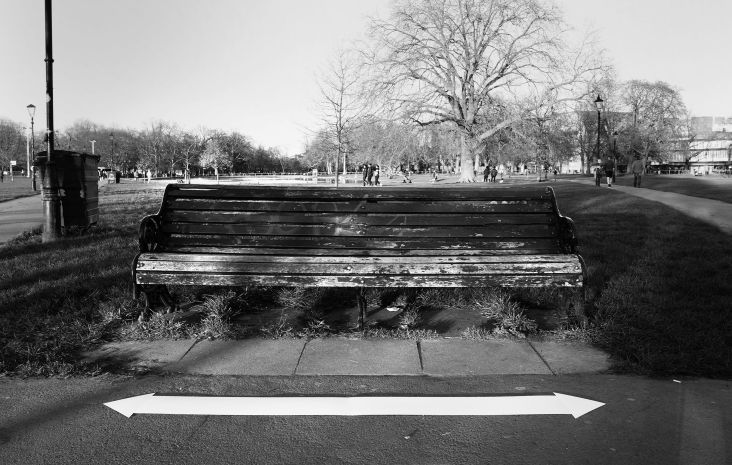
](https://www.creativeboom.com/upload/articles/cb/cb86fd84ef8c0248975cb36918f6399f56b22a48_732.jpeg)

